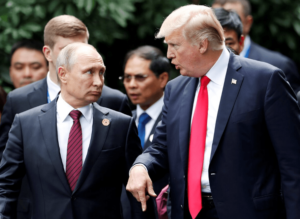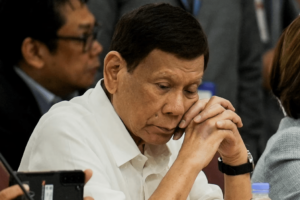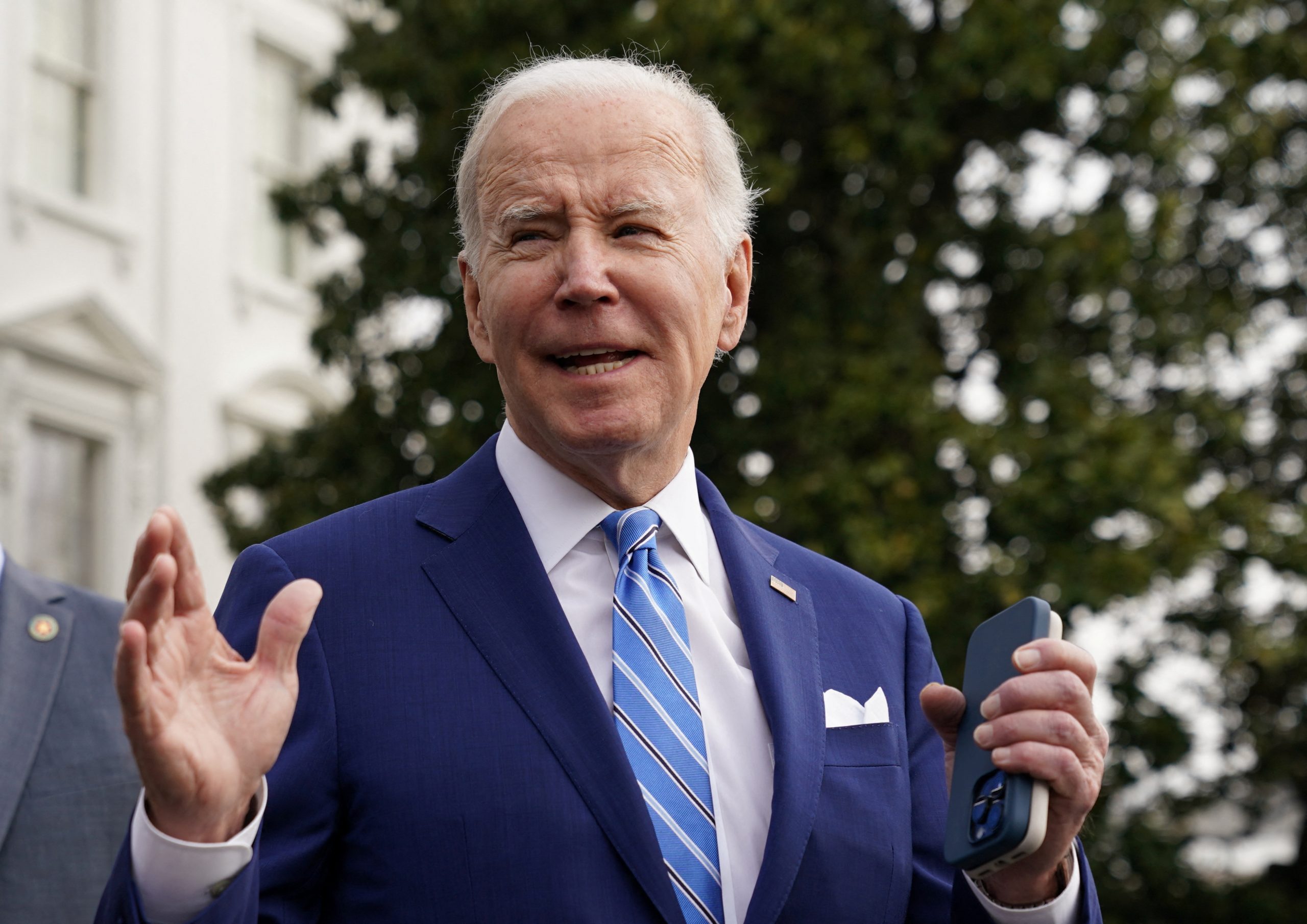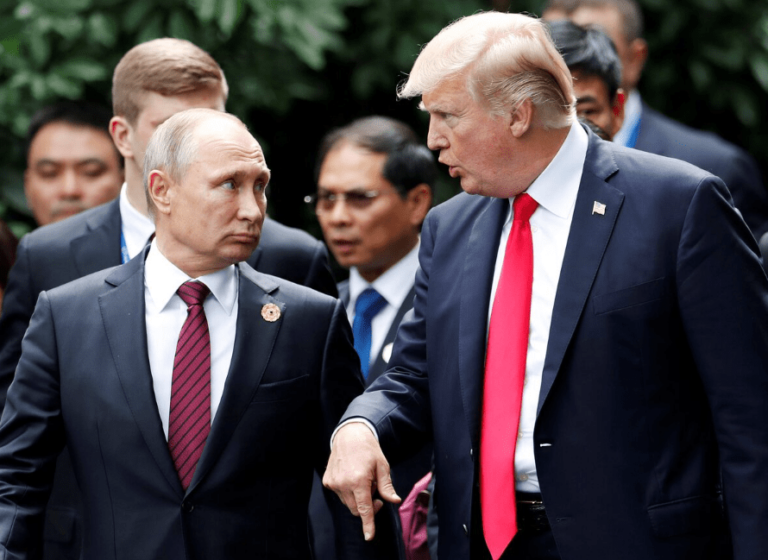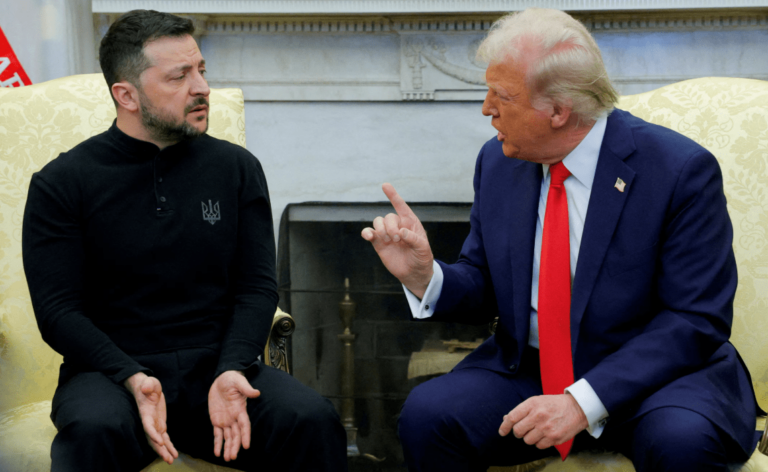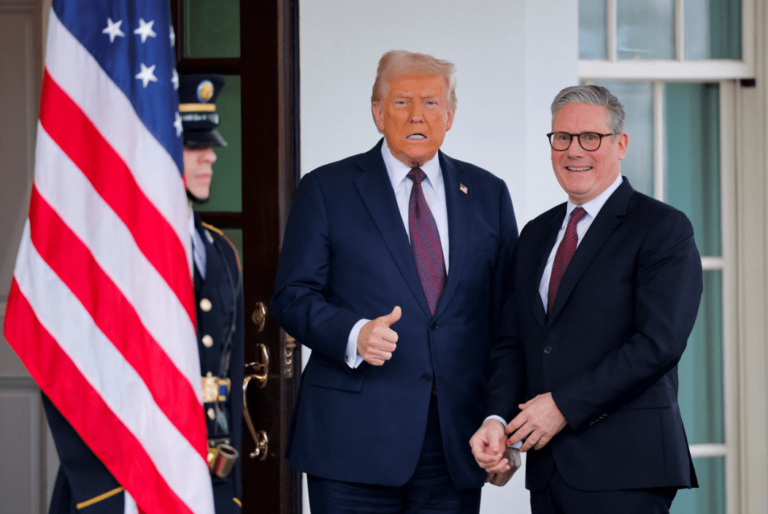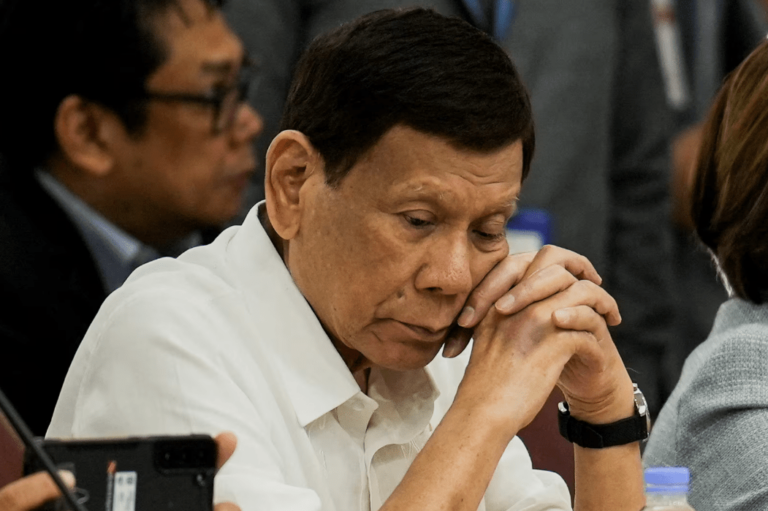In a complex diplomatic maneuver, the Biden administration has quietly sealed a deal with Iran that will see the exchange of prisoners and the release of $6 billion in frozen Iranian assets. While this move has the potential to thaw frosty relations between the two nations, it has also sparked criticism and concerns regarding the ramifications of such a deal.
Under the terms of the agreement, Iran will release five American citizens currently detained within its borders, while the United States will reciprocate by releasing five Iranian citizens held in the U.S. This mutual release aims to address one of the many contentious issues that have strained U.S.-Iran relations for years.
However, the most contentious element of this agreement is the transfer of $6 billion in frozen Iranian funds. This transfer circumvents the web of U.S. sanctions on Iran and provides a blanket waiver to facilitate the movement of these funds from South Korea to Qatar. Notably, these funds will not go directly to Iran, and U.S. taxpayer money will not be utilized.
The timing of the deal’s revelation, on the 22nd anniversary of the 9/11 terrorist attacks, has raised eyebrows. Critics argue that the Biden administration should have been more transparent and timely in notifying Congress about this significant development.
This exchange of prisoners and the fund release is a delicate diplomatic dance. Four of the five American detainees were transferred from Iranian prisons to house arrest in the previous month, with the fifth detainee already under house arrest. The difficulty in executing this deal stems from the stringent U.S. sanctions on foreign banks involved in transactions that benefit Iran, which had deterred several European countries from participating in the transfer. Secretary of State Antony Blinken’s waiver seeks to allay their concerns over potential U.S. sanctions.
The National Security Council has emphasized that the focus of this arrangement is securing the release of wrongfully held Americans. It has also underscored the sensitivity and ongoing nature of the process. As of now, no individuals have been or will be released into U.S. custody.
Despite the administration’s efforts to frame this deal as a humanitarian endeavor, it has faced criticism. Behnam Ben Taleblu, a senior fellow at the Foundation for Defense of Democracies, contends that releasing the funds may embolden Iran to take more hostages and that the release of these frozen funds disregards why they were frozen in the first place.
Senator Joni Ernst, a Republican from Iowa, expressed concerns that the released funds could end up benefiting the Islamic Revolutionary Guard Corps and its proxies, potentially bolstering Iran’s illicit activities.
The U.S.-Iran deal illustrates the complexities of diplomacy in the modern age, where seemingly unrelated issues are intertwined. As the diplomatic landscape evolves, it remains to be seen how this deal will impact broader U.S.-Iran relations and whether it will pave the way for future negotiations or provoke further hostilities.

